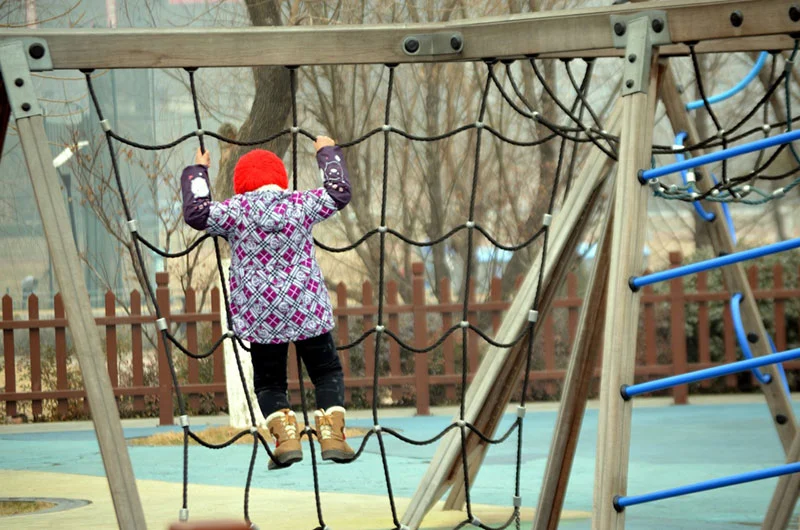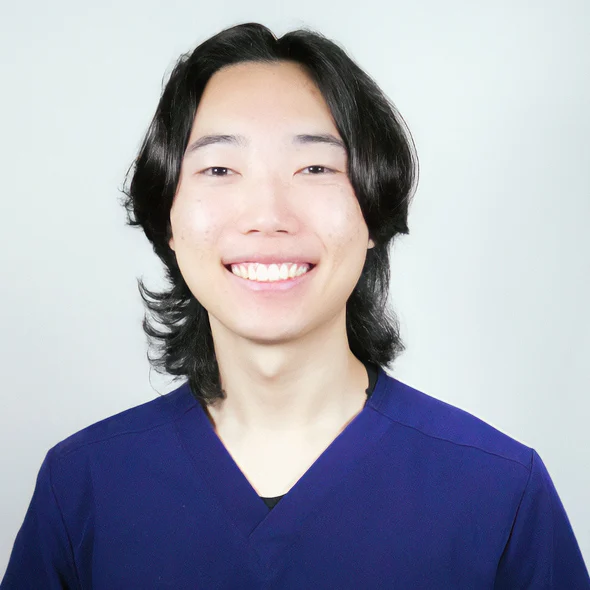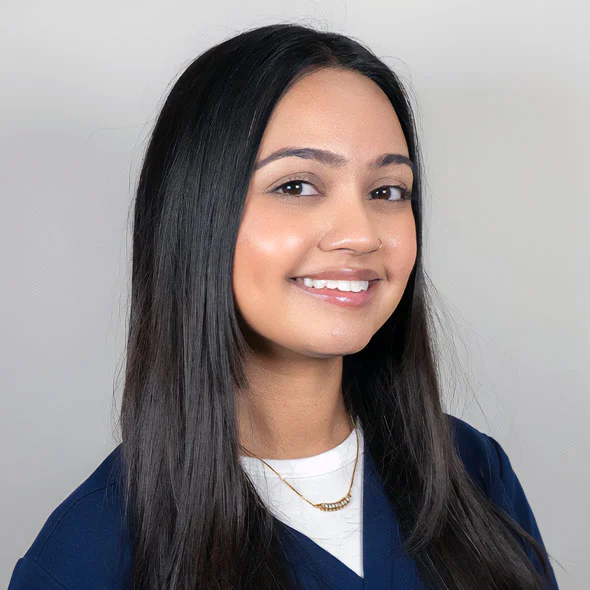Transcranial photobiomodulation (tPBM) involves applying low levels of infrared light to stimulate specific neural tissues. This laser therapy treatment goes by different names, but its primary function remains the same—enhancing and stimulating targeted areas of the brain. A larger laser head addresses inflammation, while a smaller laser head focuses on localized pain. Sessions typically last between 1 to 10 minutes, depending on the treatment area. While both laser types use the same infrared technology, the difference in laser heads allows for greater precision in targeting inflammation or pain.
When is Laser Therapy Useful?
Infrared laser treatment can help with a wide range of conditions, including traumatic brain injury (TBI), post-traumatic stress disorder (PTSD), depression, and overall cognitive function improvement. Numerous studies highlight the benefits of infrared light, particularly in the 600 to 1000nm range, as it stimulates mitochondria and promotes the formation of new synapses. In other words, laser therapy encourages neuron regrowth, which helps alleviate various neurological symptoms. Research has shown that tPBM can reduce the size and severity of brain injuries and strokes while also improving physiological symptoms such as depression, PTSD, and anxiety. Given its ability to influence brain function at a cellular level, laser therapy has proven to be a powerful tool in neurological care.
Where Can I Receive This Therapy?
Because of its broad range of benefits and its ability to address neurological symptoms, laser therapy can be integrated into a neurology-focused treatment plan. At NorCal Brain Center, we offer transcranial photobiomodulation as part of our therapeutic approach. However, our doctors will first determine whether this treatment is appropriate for you or your loved one by reviewing a diagnostic exam that considers all reported symptoms. By tailoring each treatment plan to the individual, we ensure the best possible outcome for neurological recovery, promoting long-lasting health.







